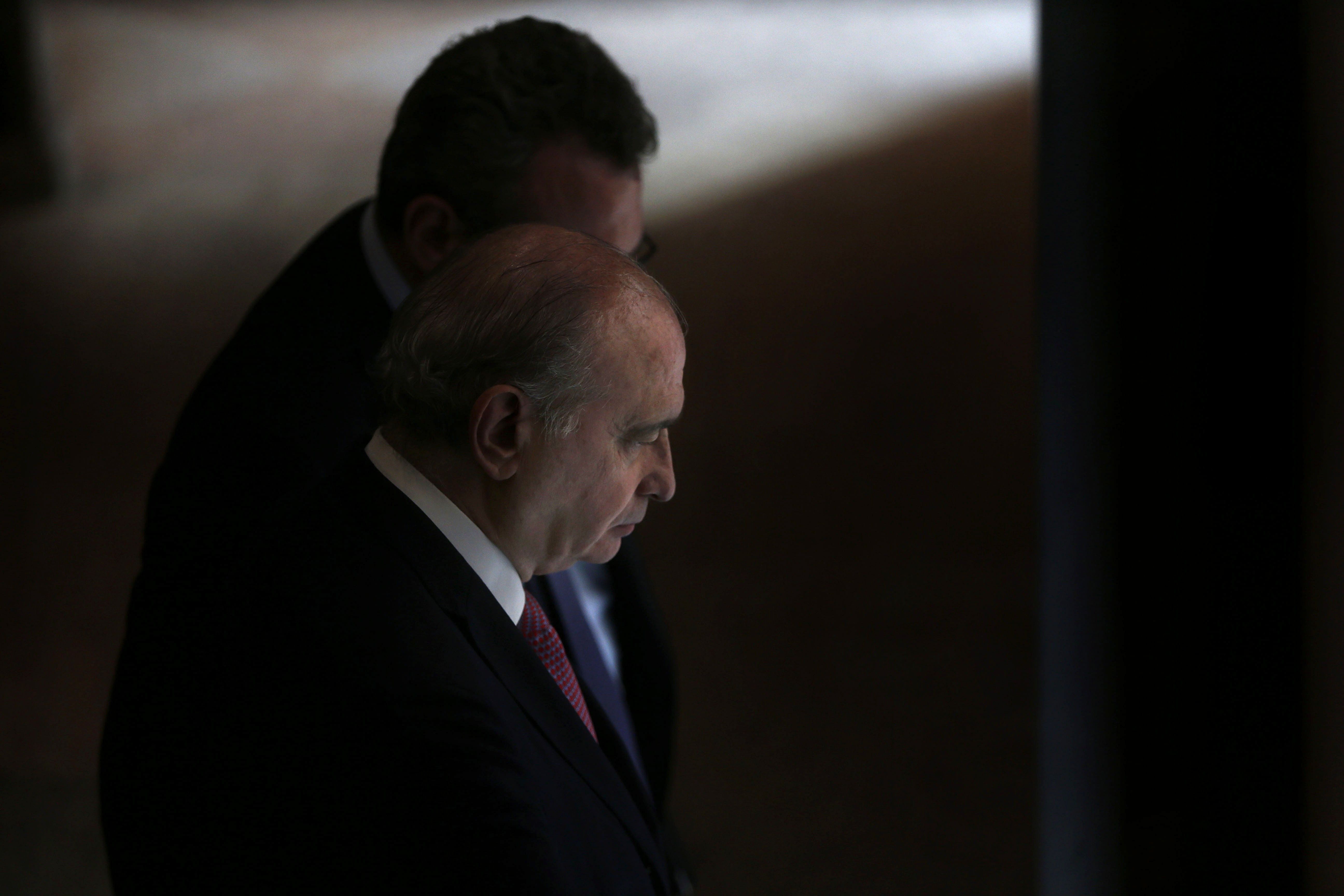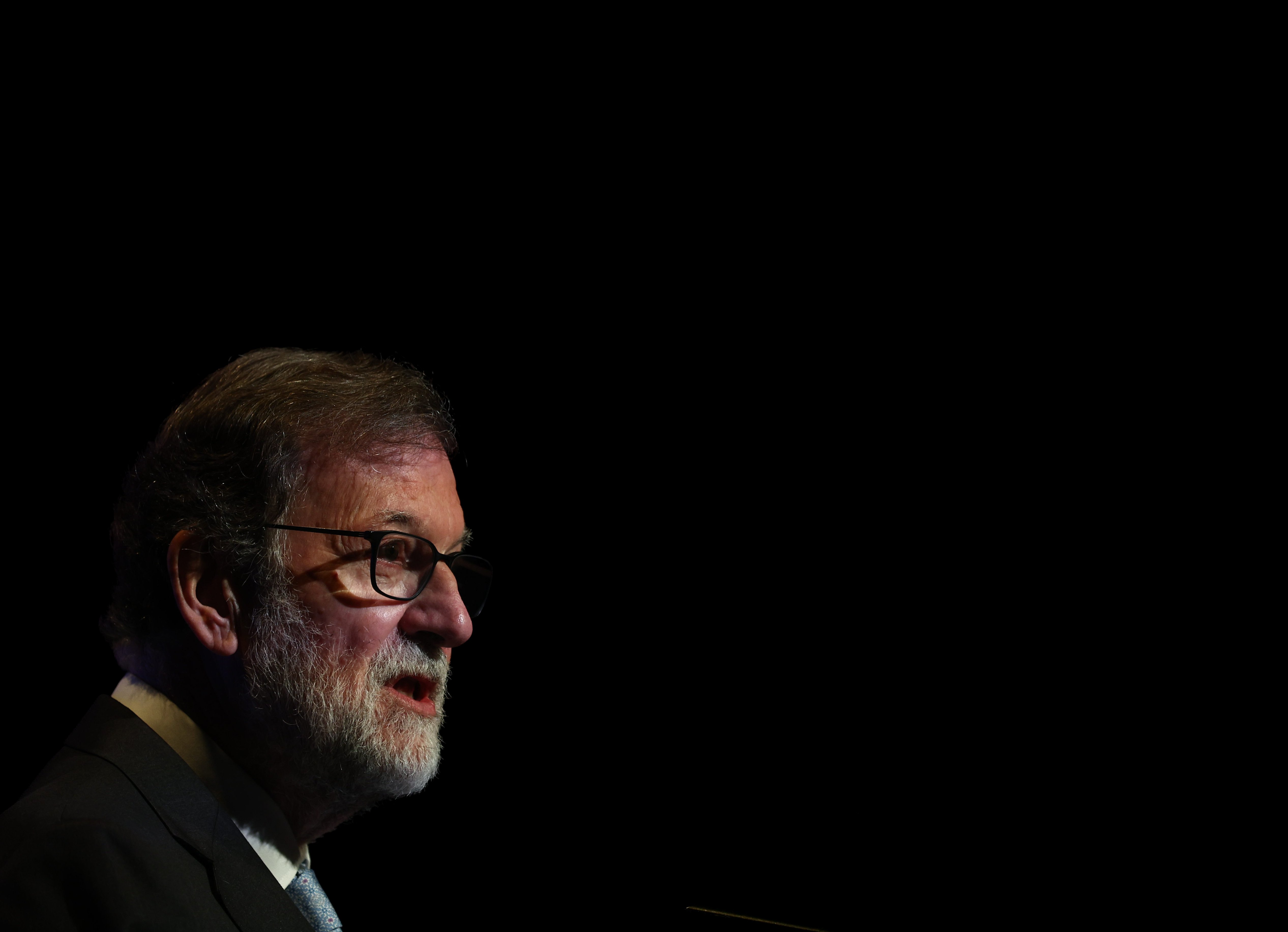"Rajoy is always Rajoy". That was the excuse used last week in a conversation in the halls of the Spanish Congress by a senior leader of the PSOE parliamentary group as he whispered the decision, later confirmed, that the Socialists would not include the name of the former prime minister on their list of parties to appear before the parliamentary commission of inquiry into Operation Catalonia. The PSOE, once again, had decided to cover up the shameful actions of the People's Party (PP) in its desperate defence of the unity of Spain. And moreover, it happened just as the Socialists had made it clear that their intentions in this commission of inquiry were not to expose how the Spanish state persecutes the independence movement, but rather to campaign against the PP.
The usefulness of Spanish parliamentary commissions of inquiry is often questioned in general, since their conclusions are not binding in any regard, either judicially or governmentally. But the particular fate of those inquiries dedicated to finding out how the Spain's so-called "state sewers" have been used to attack the Catalan independence movement is more than evident: they all end up being flushed away. One way to understand this is via a historical review of the (very recent) commissions that have been held in the Spanish Congress, what has happened to them and what consequences there have been.
Last week, Congress's second commission on aspects related to Operation Catalonia was set up in the constitutional chamber of the lower house. The first such inquiry into the state's campaign of illegalities against the independence movement took place in 2017, when Mariano Rajoy's PP was still in power. The former minister Jorge Fernández Díaz, the former director of the anti-fraud office of Catalonia, Daniel De Alfonso, the former deputy operational director of the Spanish police Eugenio Pino, the inspector José Ángel Fuentes Gago and the former general director of the National Police, Ignacio Cosidó appeared before that commission.
That hearing served the following purpose: the PSOE and Podemos - who at the time were in opposition - jointly, along with ERC, PDeCAT and the PNV, concluded that the PP government spied on politicians from other parties and that it tried to have their corruption cases investigated, searching hard for the dirty laundry of political rivals. Fuentes Gago, for example, acknowledged that he had travelled to Switzerland to check if Xavier Trias had a bank account there. But, as it happened, the commission simply had no consequences: the intention of Podemos, ERC and PDeCAT to transfer these conclusions to the public prosecutors did not prosper. In the same way, the withdrawal of the medals awarded to the police commanders involved in the "political police" unit did not ever take place.
The moment of drawing conclusions from a report was once again a source of disappointment, two years later. In 2019, Congress closed its parliamentary commission investigating the illegal financing of the PP. Not only did Mariano Rajoy not appear there because of an agreement between the conservatives and the Socialists, but there was more: the parliamentary groups failed to reach agreement and were thus unable to jointly draw up conclusions.
Operation Catalonia, no; the Kitchen Case, yes
At the end of 2020, a new commission of inquiry was launched in the Congress of Deputies to investigate the Kitchen operation involving the PP's corruption and espionage. The former PM Rajoy did participate in this one, basing his testimony on denying any relationship between himself and former police commissioner José Manuel Villarejo, while also defending the innocence of the Interior ministry when it was in the hands of Jorge Fernández Díaz. The conclusions in this case were that the PP ordered a parapolice espionage plot against its former treasurer Luis Bárcenas, and that Rajoy and María Dolores de Cospedal were both aware of this. However, the congressional investigations into the Kitchen case do not bother the state so much, because the judicial approach has gone ahead: the anti-corruption prosecutors are now demanding 15 years' prison for Fernández Díaz over this case.

But with Operation Catalonia, there is no comparison. Some media even screamed blue murder last February, reporting with disgust that, as surprising as it may have seemed, after many years a judge was for the first time to investigate a case related to the anti-independence operation: the espionage against Sandro Rosell to remove him from the presidency of FC Barcelona. It was not exactly the first trial, since Eugenio Pino had previously been sentenced to one year in prison for trying to adulterate the case against the Pujol family. But, it certainly did reveal the little interest that the Spanish state has in finding out the plot details of Operation Catalonia.
This same philosophy has also been apparent in recent weeks. Or better said, months, because half a year has gone by since Congress approved the launch of a new commission of investigation into Operation Catalonia. But it has taken more than six months to set it up, until finally the PSOE pressed down the accelerator to move it forward to create a smokescreen when a new corruption case related to a Socialist deputy, 'Tito Berni', broke out - the Canary Island deputy who has already been expelled. In addition to that, the other intentions of the party that currently governs Spain are very clear: it has zero interest in Operation Catalonia, an issue that it intends to dilute in the commission, whose spotlight it seeks to focus on aspects of the Kitchen case. That is to say, to score electoral points at the expense of the PP. The Socialists already presented an amendment in September 2022 so that the commission would focus exclusively on the mandate of the PP, and the pro-independence parties, faced with the option of this watered-down inquiry or none at all, opted for the former.
To make matters worse, last Thursday the investigative commission was not able to start its engines by presenting a definitive list of appearing parties. The PSOE demanded that the parties not call political figures in the Socialist orbit. There was no agreement between the government partners, since Podemos tended towards a defence of the wider-ranging lists that had been presented from the pro-independence parties. Now, that hearing to decide who will appear and who won't is set for April 18th, the day on which the parties will try again to present a final list of the names of those who will, for what it's worth, appear before the congressional inquiry.

